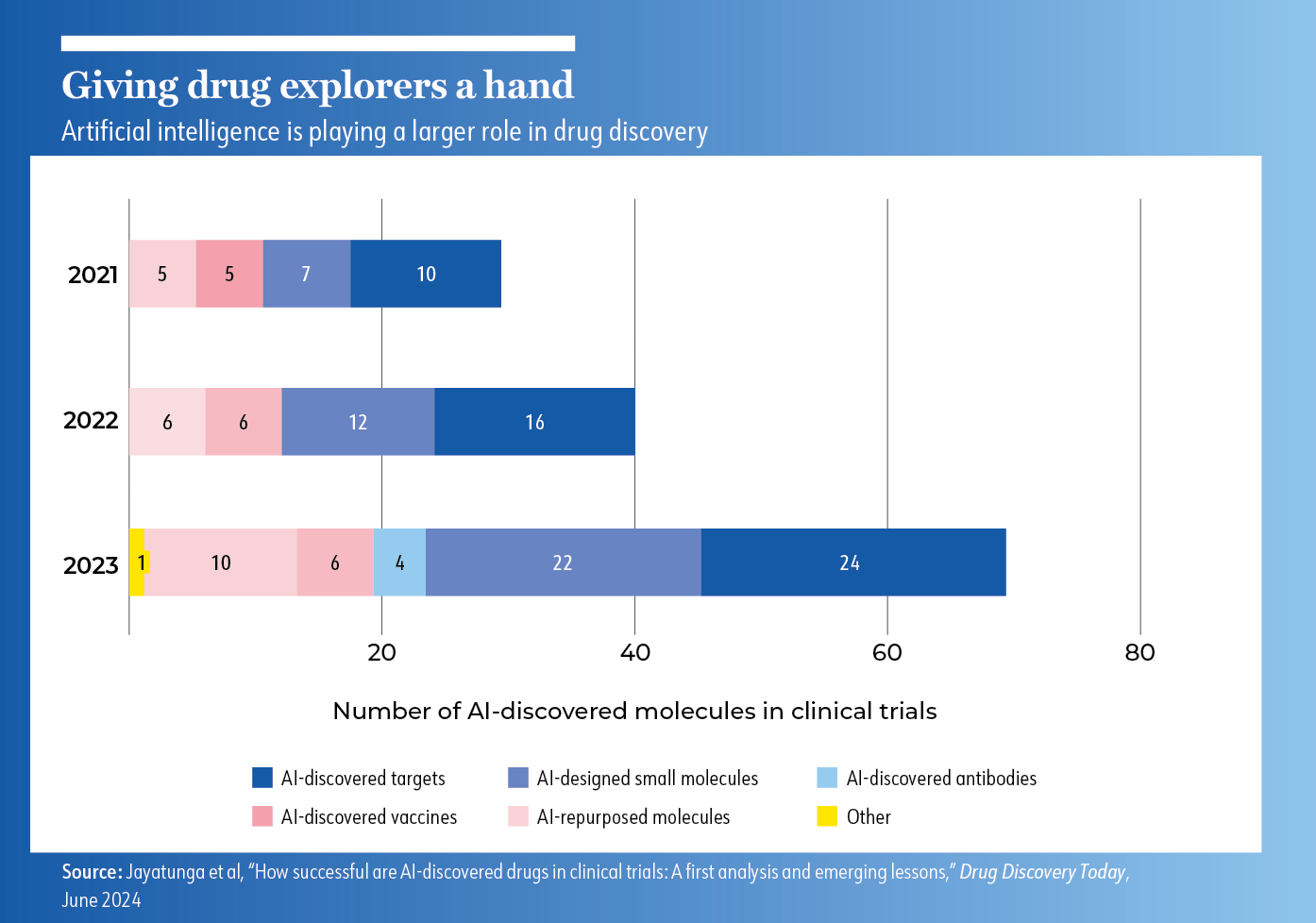Unlocking Potential: How AI is Transforming Industries and Personal Privacy
Introduction
In an era where technology increasingly melds with daily life, the role of artificial intelligence (AI) stands at the forefront, influencing various sectors from healthcare to personal data management. Innovations like Mozilla.ai’s Lumigator and the revolutionary use of LLMs (large language models) show the breadth of AI’s impact. This article delves into these developments and the larger implications for society overall.
 Innovations in AI technology are reshaping industries and privacy norms.
Innovations in AI technology are reshaping industries and privacy norms.
The Vue with Lumigator: A Path to Better AI Selection
Founded in 2023, the independent startup Mozilla.ai is on a mission to make the integration of language models into applications not only achievable but also efficient. Their latest tool, Lumigator, seeks to illuminate the process of choosing appropriate LLMs, ensuring developers are not swayed merely by trends. As the Artificial Intelligence Index Report 2024 indicates, the challenge of evaluating these models based on contextual needs remains largely unmet.
By offering a framework for task-specific evaluation metrics, Lumigator is positioned to bridge this gap. Developers can avoid the pitfalls of selecting models based on hype, thus paving the way for tailored solutions that better serve user intents and demands.
Healthtech Revolution: AI Stepping In
Turning to the healthcare industry, the infusion of AI technology is dramatically shifting operational paradigms. In a system plagued with inefficiencies—from patient scheduling to diagnostics—AI is being harnessed to streamline processes and enhance patient care. As found in numerous applications, the implementation of LLMs generates draft responses to patient inquiries, reducing the load on healthcare professionals while maintaining empathy and understanding in communications. Dr. Matthew DeCamp from UC Health illustrates this use, where AI provides assistance in managing queries, sometimes delivering “amazingly helpful” feedback.
AI in Scheduling and Beyond
Operational efficiency emerges as a central theme in AI’s application within healthcare, as AI algorithms become adept at scheduling patient appointmentsefficiently. By analyzing myriad data points—including provider availability and examination durations—AI tools like Baioniq aim to optimize appointment scheduling across health systems. Moreover, the technology expands into critical areas of patient management, detecting probable strokes and prioritizing cases that demand urgent attention, thereby affecting outcomes.
 AI applications are reshaping patient management and ensuring speedy responses to urgent health concerns.
AI applications are reshaping patient management and ensuring speedy responses to urgent health concerns.
Drug Discovery in the AI Age
Innovations don’t stop at operational efficiency in healthcare. AI’s prowess extends into the realm of drug discovery, with research-oriented firms deploying modeling techniques that streamline the identification of promising compounds. Jackie Hunter of BenevolentAI highlights this transformative capability, stating that AI can expedite the simulation processes essential for determining potential clinical impacts of new substances, thereby reducing overall development time and costs associated with drug trials.
Nevertheless, the path forward is laden with caution. Companies wary of embracing AI tout concerns regarding algorithmic bias and the disproportionate application of resources in health systems that often prioritizes profits over actual healthcare needs. Transparency and ethical considerations must steer the deployment of these technologies to ensure human welfare remains paramount.
Ethical Considerations and User Consent
Amid these technological advances lies an essential conversation around user privacy. Companies like Yahoo emphasize obtaining user consent and providing options for privacy management. With a framework designed to optimize user experience—alleviating unsolicited advertising while collecting and analyzing data through cookies—the need for clear communication of these practices is crucial. Yahoo’s approach encourages users to take an active role in shaping how their data is utilized.
“Sometimes the responses are amazingly helpful,” Dr. DeCamp remarked, encapsulating both the promise and the challenges of AI integration: while capable of wonderful enhancements in healthcare provision, it brings intricacies that must be addressed head-on.
 Understanding and managing personal data have never been more crucial as AI technologies evolve.
Understanding and managing personal data have never been more crucial as AI technologies evolve.
A Compelling Future Ahead
As societal norms continue to evolve under the shadow of these technologies, the importance of distinguishing hype from genuine value cannot be overstated. Mozilla.ai’s Lumigator is set for closed alpha in November 2024, with plans for broader availability in January 2025, providing an opportunity for developers to better align their projects with the best-suited technologies.
In tandem, the healthcare sector’s mindset shifts towards efficiency and ethics herald greater accountability. For AI to achieve its full potential, developers, healthcare professionals, and tech companies alike must prioritize the equitable use of data and maintain a user-centric focus.
The future of AI, in both healthcare and data management spheres, presents unprecedented potential, urging stakeholders to navigate these waters with both enthusiasm and responsibility. To those interested in these advancements, I encourage registration for updates from Mozilla.ai and vigilance in selecting the tools that will define the next era of AI evolution.
 The AI landscape is ripe with innovations poised to redefine how we interact with technology and each other.
The AI landscape is ripe with innovations poised to redefine how we interact with technology and each other.
Conclusion
The intertwining of AI with daily operations across various domains illustrates a promising yet complex narrative. Innovations such as Lumigator and AI’s impact on healthcare epitomize the delicate balance between efficacy and ethical responsibility. As we advance, fostering a culture of transparency and inclusivity will ensure these transformative technologies lead us towards a more equitable future.
Don’t miss any updates in the world of AI—follow us on Facebook, LinkedIn, or Mastodon.
Article written by LLM Reporter | Date: October 4, 2024


 Photo by
Photo by 












